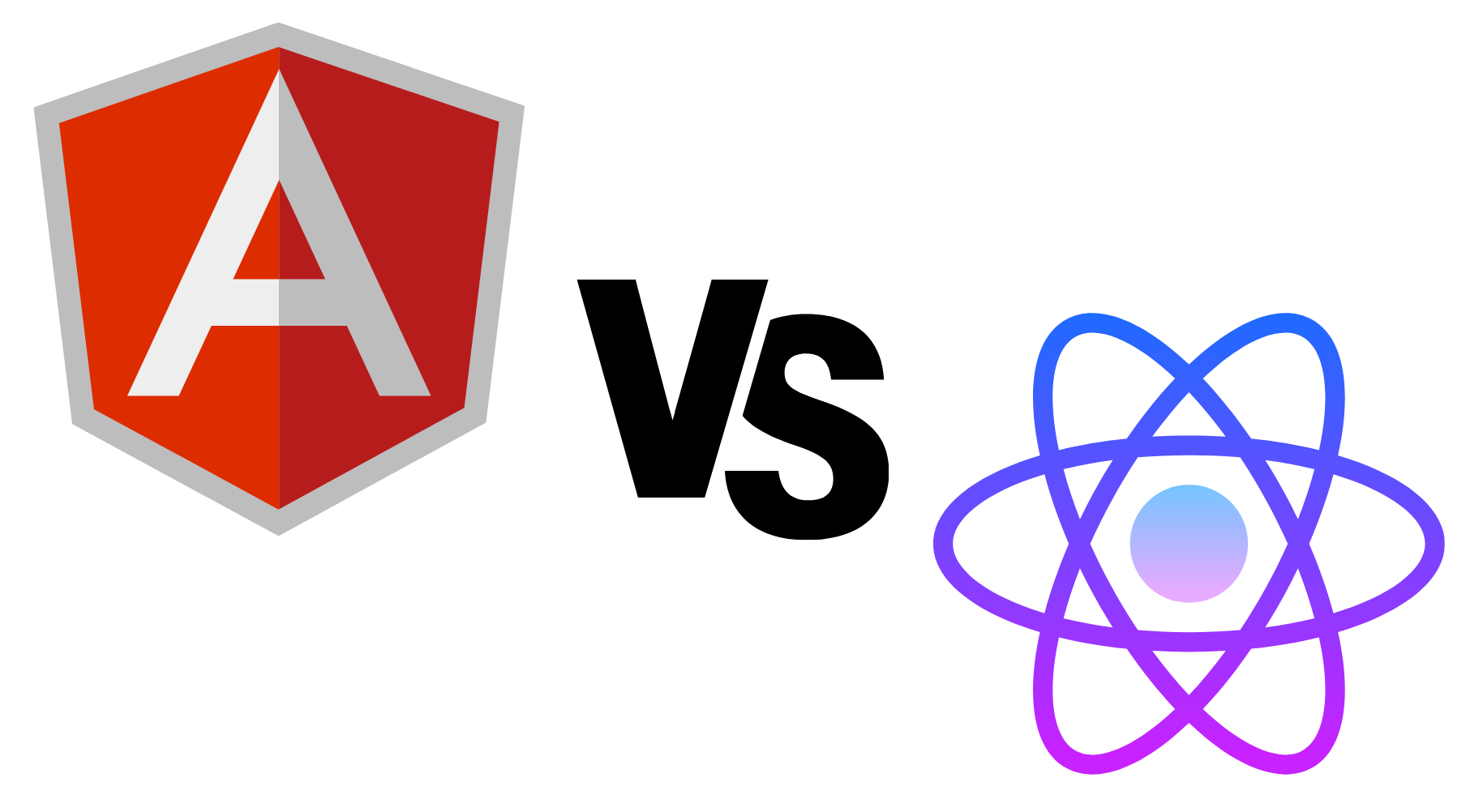When it comes to tech jobs, backend development is a high-paying, sustainable career. On average, backend developers make about 120k annually and the job is always in demand. If you're considering this career path, it's easy to get overwhelmed while browsing the necessary skill set.
What are backend developer requirements? The truth is, what constitutes a required skill for the field is a bit subjective. Different companies will favor different programming languages, for one, and – as technology continues to change – once somewhat fringe skills will inevitably become vital. Therefore, it's always a good idea to take opportunities to diversify your resume while also learning the basics.
What Does A Backend Developer Do?
Backend developers create the server-side logic responsible for ensuring the outward facing elements of a website or application function properly. When you login to your email account or adjust the font on a Google document, backend coding is what allows these actions to occur smoothly.
However, backend development is not just writing code all day, which quickly gets monotonous. There are many higher level skills you need to excel in the field as the best backend developers are critical thinkers always looking for ways to optimize an application or web page and create innovative solutions for company bottlenecks.
Backend Developer Requirements
There are theoretically hundreds of skills important for backend developers as the job can entail so much, but there are some skills most would consider essential for any backend developer job and other skills that are a plus but not universally required.
However, as we touched on earlier, technology changes fast. Within only a few years, some recommended skills could suddenly become backend developer requirements just as essential skills could potentially become obsolete.
Essential Skills
Knowledge Of Multiple Backend Programming Languages
If you ask 10 tech professionals what the best backend language is, you'll probably get more than one answer. This is why it's recommended that you learn multiple languages to set your resume apart on the job market.
Python is the most common backend language. Almost all backend developers will need to use Python at some point, but don't put all your eggs in a single basket. Learn other languages as well to stay competitive. Java is a general-purpose language also popular in backend development, and nearly 80% of websites are powered through PHP. Other common backend languages include C#, Ruby, C++, and JavaScript (which we'll talk about more below).
To figure out which languages to learn, do some research on the companies and industries that interest you and see which languages are most common. This can help you determine where to focus your energy in order to achieve your career goals.
SQL
While it's true that in-demand tech skills tend to change over time, Standard Query Language (SQL) seems to be an exception to the “what comes up must come down” rule. It has been considered an industry-standard language since the late ‘80s and remains widely used today. If you're going into backend development, there is no avoiding learning SQL.
SQL allows you to access and alter relational databases. With SQL, you can do everything from filing queries against databases to deleting or inserting records to establishing permissions on tables. There are many open-sourced platforms, such as MySQL, that provide access to database source code to help you start learning.
GIT And Other Version Control Systems
Version control systems (VCS) track code at every stage of development, ensuring that backend developers and other relevant team members are synced up at all times. Without VCS, developers can easily make changes to a code that interfere with previous adjustments, and things can get chaotic fast.
Especially as you get higher in your career and are in charge of more managerial duties, understanding VCS is vital. Git is the most commonly used and – because it is actively maintained and openly sourced – it is also fairly easy to learn. Knowledge of Git is vital, but – as is the case with programming languages – it is recommended you explore other options to keep your resume diverse. Other popular choices include CVS, SVN, Monotone, and Bazaar.
The Frontend Trifecta
Just because you're not working on the frontend doesn't mean you don't need a working knowledge of the frontend. Having at least some knowledge of the frontend trifecta – HTML, CSS, and JavaScript – can help you stand out on the job market.
As you'll be working directly with the frontend team, you'll be more helpful to your coworkers if you understand the technical side of their job. Not only that, employers love developers with interdisciplinary skill sets. In the event a frontend developer quits or takes time off, a backend developer who can step in and pick up the slack is an invaluable resource.
DBMS Technologies
Database management systems (DBMS) are used to optimize the storage and retrieval of data from databases, which becomes more and more vital to your role over time. Much like VCS, more managerial roles required a deeper understanding of DBMS. It's never too early to start learning.
As backend developers assist with managing a hosting environment and database, you need to understand the database's underlying logic structure so you can access and modify information as needed. Learning programs like MongoDB, MariaDB, Oracle, and SQLServer is highly recommended as these technologies are used frequently in database management.
Recommended Skills
Backend Security
Sensitive user information – like credit card and social security numbers – is often stored in backend databases. As businesses are becoming more prone to cyber attacks, learning about the ins and outs of backend security can be a valuable niche skill that will only get more important in the coming years.
Consider taking courses in cyber security and learn as much as you can about protecting backend databases. If you can market yourself as someone able to optimize security protocol and protect your company from fraud, this can set you apart from the competition.
Knowledge of APIs
This could actually arguably be deemed an essential skill at this point, given APIs are becoming so commonplace. APIs – which stands for application programming interface – allow different applications to communicate with each other.
When working with server-side architectures especially, APIs are important as they can replace otherwise complex programming that would be required to facilitate communication between software. Some working knowledge of API is becoming increasingly important in backend development.
Communication Skills
One of the softer skills we touched on earlier, communication is key in backend development. You'll be working with a team of developers and conveying information between multiple departments. Being able to talk up your communication skills on your resume is a big plus.
As communication skills are a softer skill set, it can be harder to show concrete examples – and to get concrete experience. However, doing volunteer work or even picking up a part time job that requires solid communication skills can certainly help.
If you taught part-time during a graduate program, that shows communication skills. If you ever took a retail job, you definitely communicated with customers. If you don't already have this kind of experience on your resume, try volunteering. Things like fundraising, phone banking, and tutoring can all help you hone your communication skills.
Backend Developer Requirements: The Bottom Line
Getting into backend development can feel initially overwhelming as there are so many different paths you can take. However, a mix of essential skills and a few extras will help you gain a competitive edge.
As you get further into your career, not only will you learn more organically, you'll also get into increasingly specialized fields and industries. This can help you pinpoint where to focus your attention in terms of developing relevant skills.
Looking for solutions for your company? Xano is the fastest No Code Backend development platform on the market. We give you a scalable server, a flexible database, and a No Code API builder that can transform, filter, and integrate with data from anywhere. Sign up here to get started.
The post Backend Developer Requirements: What You Should Know Getting Into The Field appeared first on Xano.

















